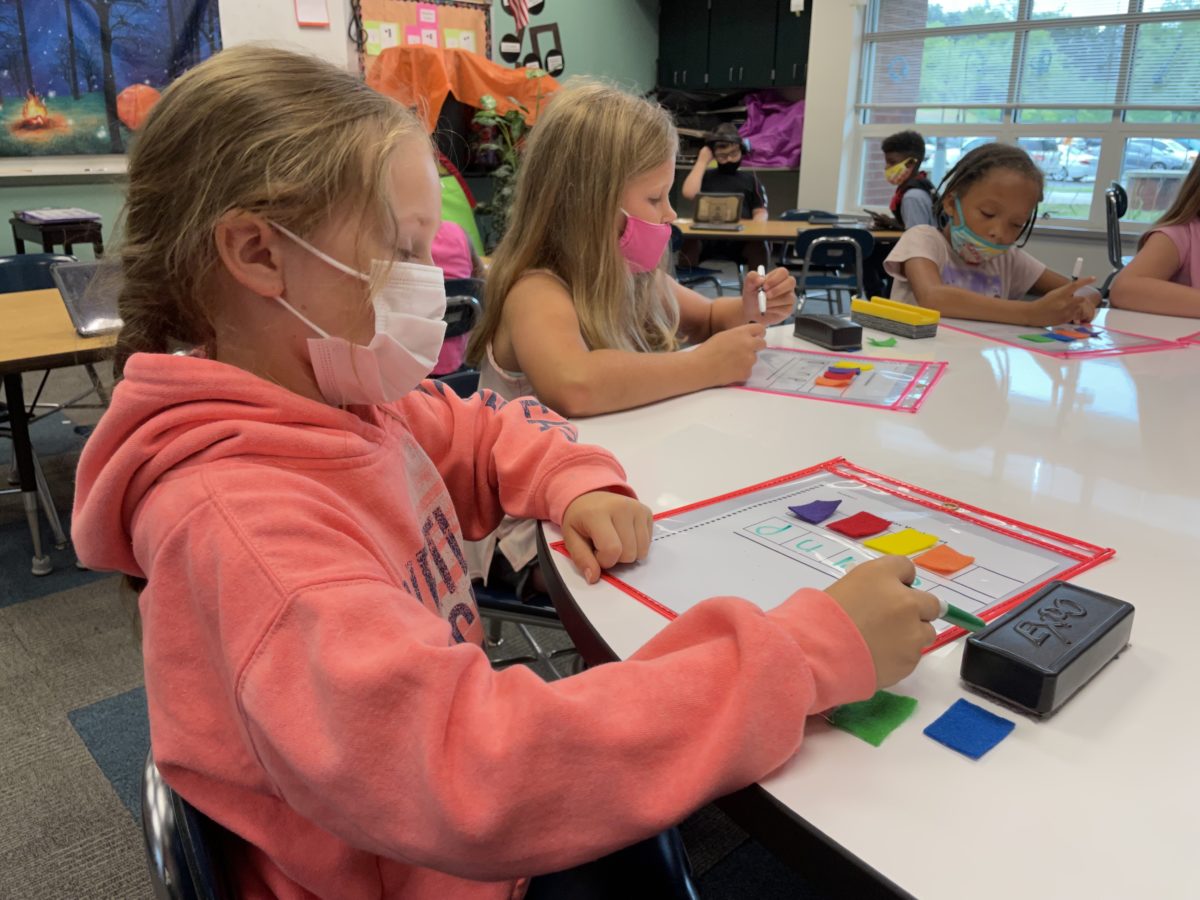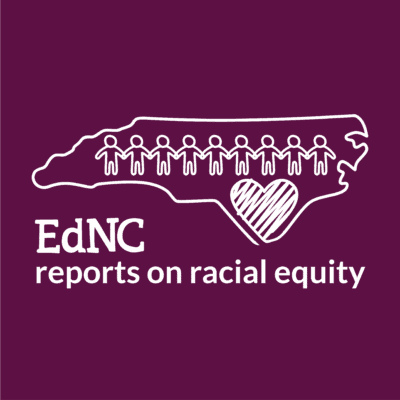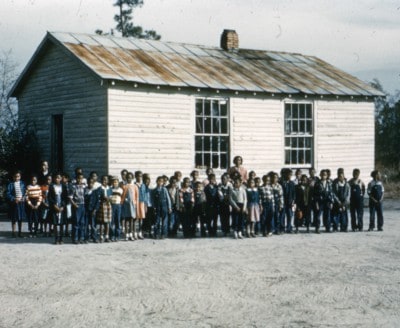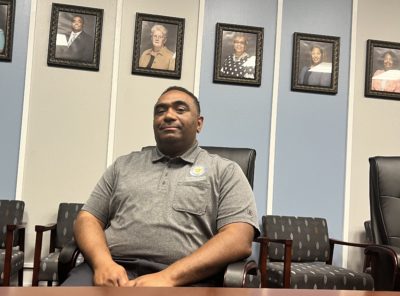
|
|
The pandemic has intruded on two school years, led to inconsistent student attendance, and thrown asterisks beside test scores. And, asterisks or not, aggregated scores seem to confirm fears that COVID-19 and its challenges are taking a toll on student outcomes.
Just last week, the State Board of Education listened to distressing reading scores that show a majority of students in third through eighth grades are not reading at proficiency.
This is the state of things at the dawn of a school year in which hundreds of students already are in quarantine.
But perhaps there’s room for some optimism. A shifting culture in reading instruction and sharp increases in summer school attendance across the state could mean students are better prepared for learning recovery and acceleration — provided that their summer reading camps fit certain parameters.
Here’s what the research says about the impact of summer learning, and a look at some of those summer programs.
Why reading camps are important
Summer reading camps can alleviate several academic calendar months of learning loss, and help students avoid spending 10% of a school year reviewing concepts they had learned but forgotten. If those camps are effective, that is. Effective reading camp designs, according to a 2019 RAND report, are intentional, evidence-based, at least 20 full days long, and well-attended.
While districts’ summer reading camps under Read to Achieve have varied over the years, research indicates that some historically didn’t fit that model of efficacy. With passage of the Excellent Public Schools Act of 2021, a uniform process is under way to ensure that every camp’s instruction aligns by next year with the science of reading.
And the emphasis on science-based reading research is not limited to camps sponsored by public schools.
“When we think about what’s happening in this [COVID] environment, our kids are going to be all over the place,” said Munro Richardson, who as executive director of Read Charlotte has been helping to offer science-aligned summer reading instruction for four years. “So the need to have this sort of precision medicine for literacy is greater than ever.”
That’s especially true for those students who were hit hardest by the pandemic.
A seminal meta-analysis of summer learning found that reading losses were larger for lower-income students than for those from middle or higher incomes.
In North Carolina, as in much of the country, there are glaring attainment gaps between low-income students and their counterparts. Some research, like the RAND study, traces this, in part, to summer opportunities (or the lack thereof).
Thanks to higher summer program enrollment, the gaps may not be as pronounced at the start of this year.
Promising summer programs
EdNC spotlighted a public school summer learning program in Guilford County and will continue to cover those programs as the Department of Public Instruction’s Office of Learning Recovery and Acceleration completes an audit of what worked. In the meantime, we also are compiling a map of non-public school summer reading programs that use evidence-based, research-aligned instruction.
Help us complete this map by sending additional program leads to rfofaria@ednc.org.
Here’s what a few of those look like:
Camp Spring Creek
This residential academic program is offered to students with dyslexia and other language-based learning differences. It focuses on the individual needs of campers and uses the Orton-Gillingham instructional approach.
It Takes a Village programs by Elon University
Summer learning opportunities bolster tutoring offered throughout the school year. This program encourages both academics and creative experiences for students and includes one-on-one instruction for striving elementary and middle school readers.
Summer Camp Literacy Infusion by Read Charlotte and the YMCA of Greater Charlotte
This camp adds an hour of literacy a day to traditional summer camps. Data from previous summers showed prevention of learning loss, according to Read Charlotte. Initially hosted at the YMCA of Greater Charlotte, it operated this summer in 19 sites across Mecklenburg County.
Summer Reading Camp by UNC Charlotte
Developed by professor and researcher Kristen Beach, this program targets striving readers from low-income families. Pre-pandemic data showed statistically significant growth on oral reading fluency and prevention of summer reading regression, according to tests of phonemic awareness, decoding, reading comprehension, spelling, or writing.
Summer Literacy Boot Camp by East Carolina University
Participants in this camp rotate stations to increase language and literacy skills in the areas of speaking (word-relationship skills), listening (comprehension and memory tasks), reading (word-attack skills), and writing (spelling skills).
Summer Reading Adventures by Western Carolina University
This program is intended to help maintain literacy gains made during the regular school year through daily, direct instruction for rising first- and second-graders. The program was not offered this summer, however, because of COVID-19.
Summer Reading Skills Program by N.C. State University
These programs teach key reading skills for every grade, from phonics and sight words for younger children, to comprehension, textbook strategies and writing skills for older kids.
Recommended reading




